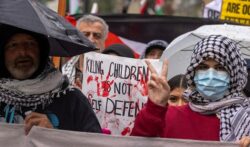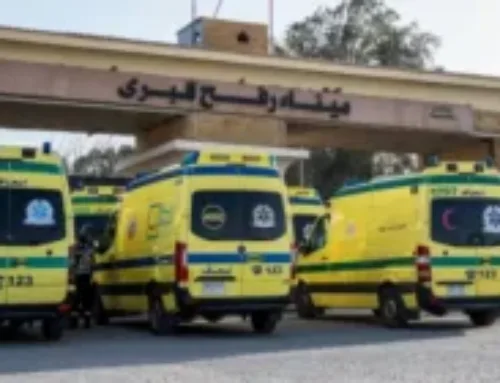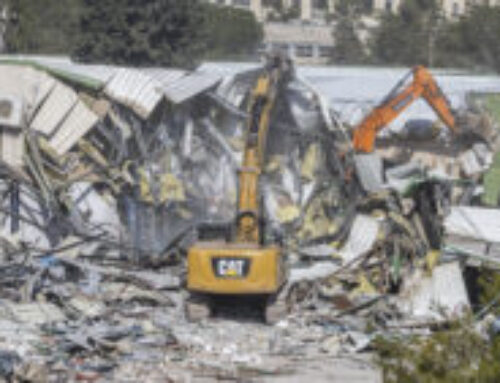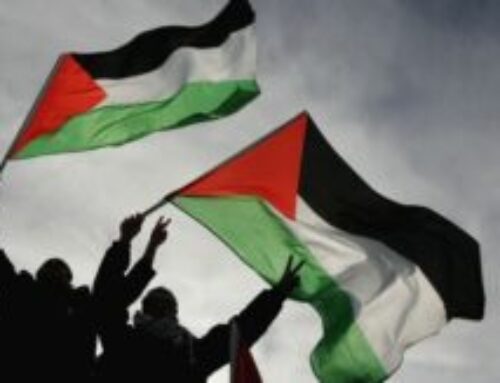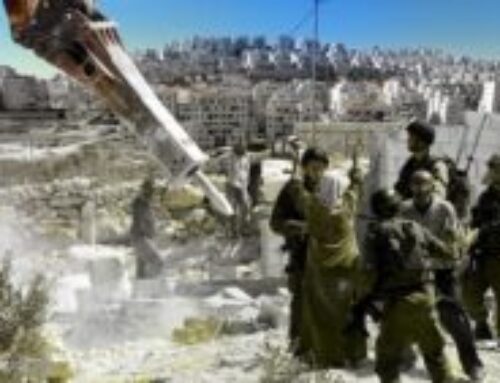The usurping entity did not emerge after its war on Gaza as it entered it. Amid the ashes of the destroyed cities, it becomes evident that this war was not merely a military confrontation but a moral earthquake — one that redrew the map of its global standing.
A war waged with every tool of extermination unleashed, in return, a series of international and regional shifts that reshaped the balance of power, opening a new chapter of isolation and internal fracture.
A report by a Zionist institute specializing in national security studies confirmed that the genocidal war on Gaza had triggered a profound transformation in the usurping entity’s international position.
Even the entity itself acknowledges that the war which devastated the Gaza Strip left behind far more than physical destruction — it redefined its identity in the eyes of the world.
Widening Isolation and Eroding Legitimacy
On the international stage, the usurping entity is witnessing an unprecedented decline in its standing. It can no longer impose its narrative as it once did, nor manage its alliances with the same confidence. The West — which had adopted its story for decades — is now deeply divided within its own societies. Voices of dissent have surged across universities, parliaments, and media institutions, even within its traditional political circles.
This exposure has stripped the entity bare. The world now sees it for what it is — a colonial power carrying out genocide against a besieged people.
Yet the deeper crisis lies not abroad but within. The society inside the usurping entity is experiencing an unparalleled fragmentation between its political and social factions. What was once called “national consensus” has disintegrated under the weight of division.
The war on Gaza has deepened these internal fissures — from disputes over “the hostages,” to ideological clashes about “the day after,” to a collective frustration over military and political failure. The result is a fractured society feeding on fear and distrust, staring into the mirror of its own chaos.
A Shift in Global Awareness
The most profound transformation lies in the world’s conscience. Western societies, especially across Europe and North America, no longer swallow the narrative of the usurping entity.
In the awareness of this new generation, the entity has emerged not as a small nation under threat, but as a brutal power besieging and killing an unarmed people. Its legitimacy is eroding — not only in the halls of politics but in the moral consciousness of humanity itself.
Gaza has become a moral mirror reflecting the falsehood of the occupation’s narrative, a story the West once embraced to justify silence.
Today, the usurping entity stands before itself — searching for a justification for its existence after losing the ability to persuade. Wars no longer grant it deterrence, nor do allies offer it unconditional cover.
A State in Slow Decay
It is not defeat alone that threatens the usurping entity, but the slow disintegration of its political, social, and moral fabric. The world is changing; its isolation deepens; and its society retreats inward, consumed by fear.
The war on Gaza did not merely leave scars on Palestinian blood — it opened a wound within the usurping entity itself, a wound in the very myth upon which its existence was built.
Today, this entity stands armed yet voiceless, possessing the weapons but having lost the narrative.
Yet, between the weapon and the story, there lies a trembling state — one standing on the edge of losing its very meaning.

